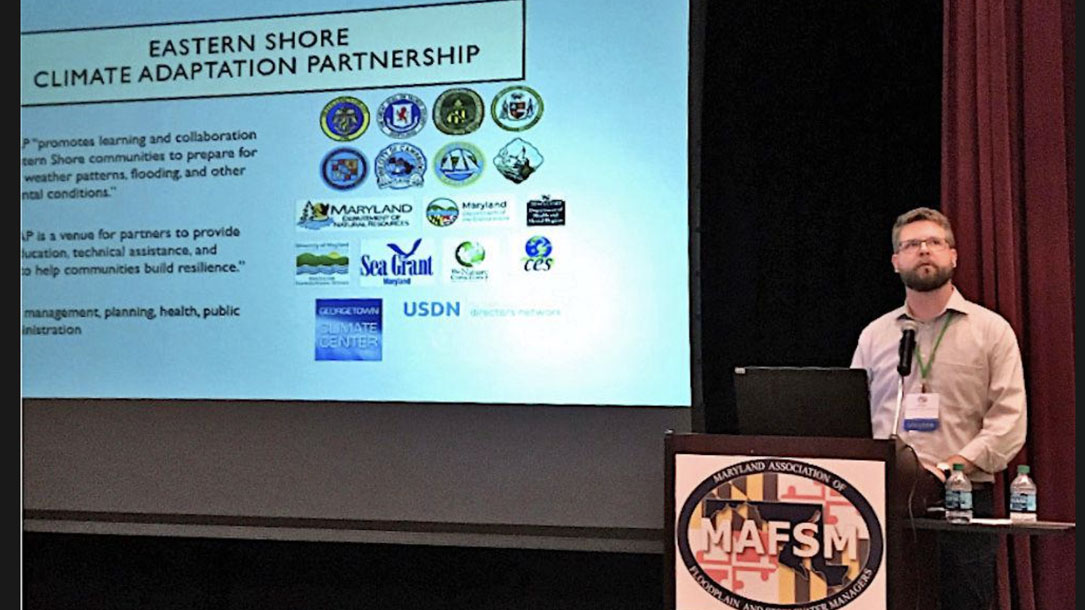
Grant for climate resilience outreach, education
Eastern Shore Land Conservancy: This project, entitled “Rise and Thrive: Building Understanding and Support for Climate Action on Maryland’s Eastern Shore,” is the second grant awarded to ESLC’s coastal resilience program by the Rauch Foundation in as many years.
The purpose of this project is to directly engage public and private audiences in order to build regional public support for climate adaptation solutions. The Eastern Shore of Maryland is the country’s third most vulnerable region to sea level rise, behind south Florida and Louisiana. Because of the threats of increased flooding, the loss of properties, and widespread ecological impacts, ESLC is working with communities to take action on these threats today…
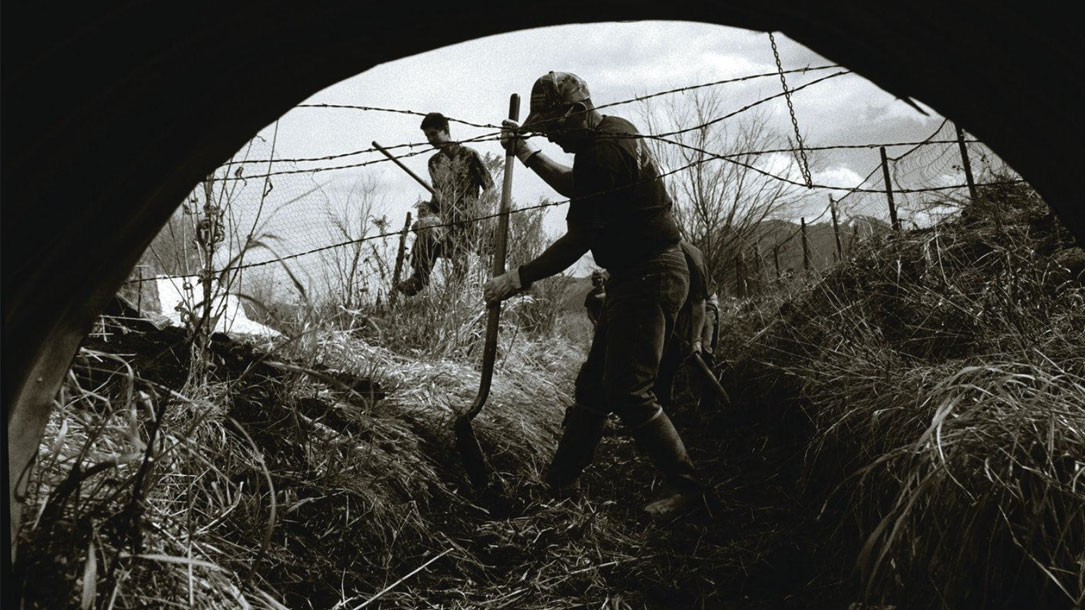
Opinion: Climate change is a local issue
“It seems clear that many residents of Taos understand and are experiencing signs of different climate evolving here and wish our government to acknowledge that we need to alter our planning for this future. Fortunately for Taos, we have had in place for many years a mechanism for landowners to preserve this kind of land—Taos Land Trust.
But the town and county need to acknowledge and put into place official protections for arable land. And, of course, aside from forever destroying arable, acequia-watered land, an entity like Family Dollar only chips away at the unique beauty of the authentic New Mexican village like El Prado…”
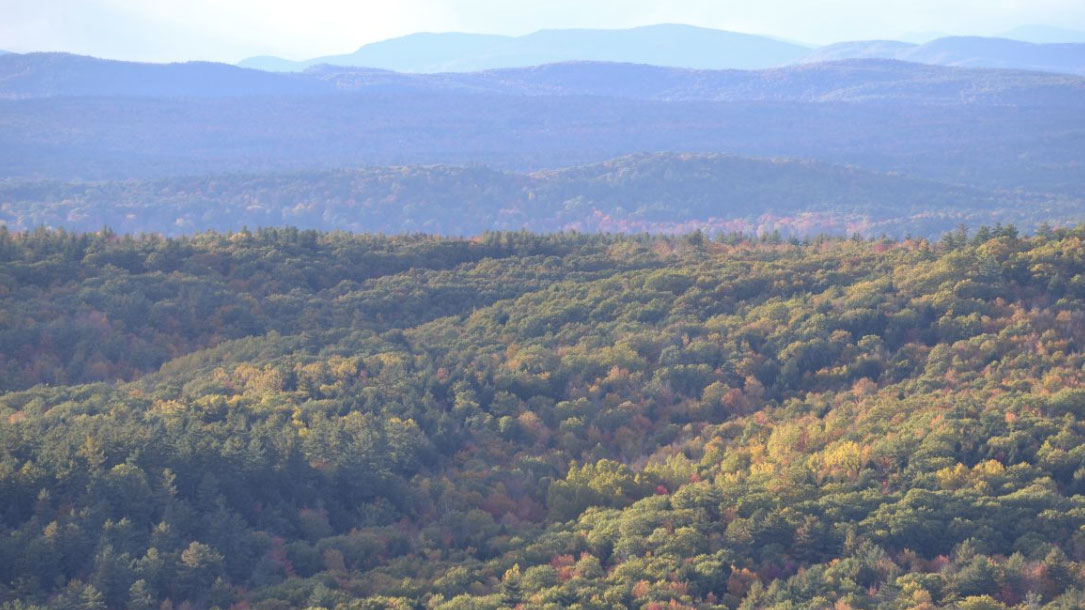
Sustainability and climate change initiatives
In their most recent climate initiative, the Kennebec Land Trust Finance Committee worked with Kennebec Savings Bank Investment and Trust Services to move their investments into a Socially Responsible Investment (SRI) portfolio that is aligned with their mission. SRI considers environmental, social, and corporate governance criteria to generate long-term competitive financial returns and positive societal impact.
As managers of forestland, they use and promote forest management practices that maximize carbon sequestration, including: protecting soil carbon, where about 50% of the carbon inventory is typically stored on a forested acre; promoting native species and increasing plant diversity to improve forest resiliency and carbon storage; harvesting sustainably; and taking a long-term view by growing high-value and larger diameter trees. On the ground, their forestry days at the Curtis Homestead are teaching the next generations…
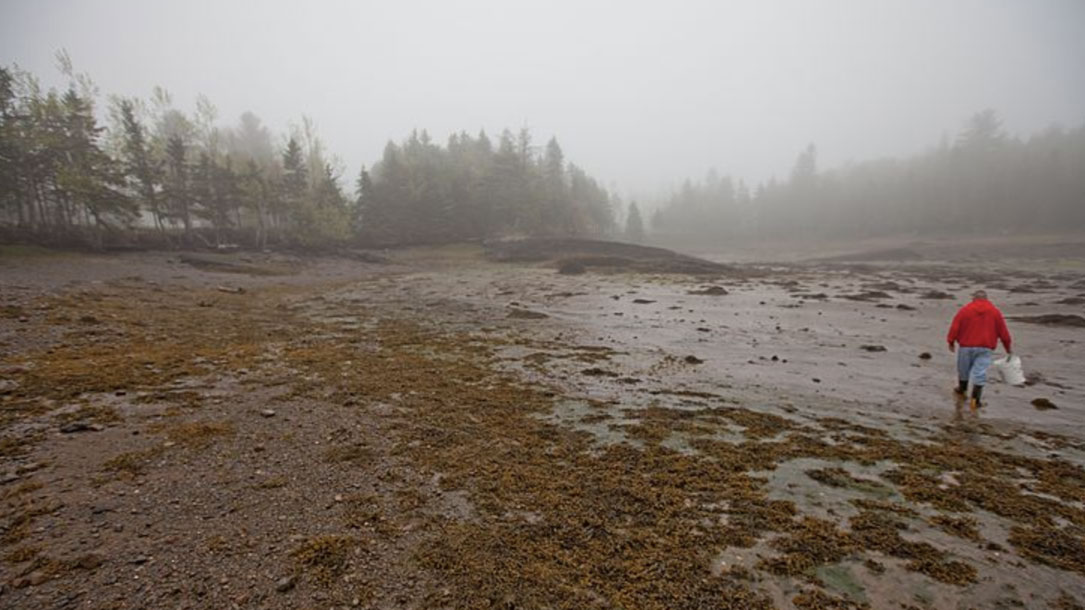
Coastal access, climate change key as Maine Coast Heritage Trust turns 50
Land conservation efforts by the organization have increasingly taken community strength and health into account, as much as the environment, and conservation’s overall impact on the state’s economic foundation. As the climate changes, that focus is more important than ever, he [Tim Glidden, president of Maine Coast Heritage Trust] said…
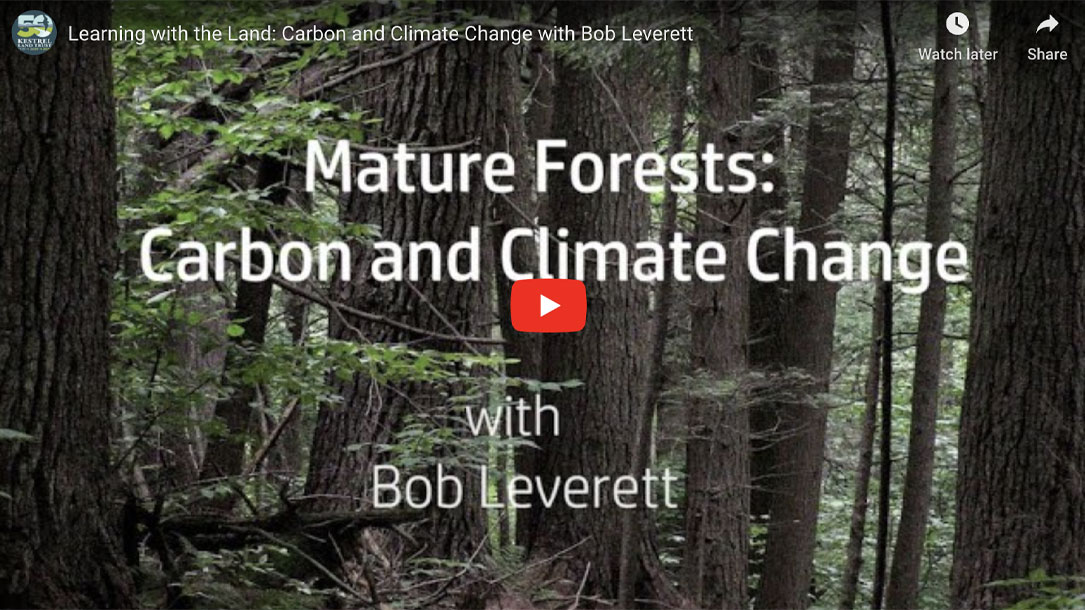
Mature forests, carbon & climate: Learning with the land
Come visit with old-growth forest expert Bob Leverett at his own forest in Florence to learn about the role our local forests play in the carbon cycle and in mitigating climate change. Bob shares his scientific method for calculating the volume of a tree and its carbon content, as well as a fascinating look at several species of mature trees on his property, including the beautiful Tuliptree…

Quantifying carbon stocks on conserved land
Carbon project development in Vermont is compatible with, and in fact would be aided by, participation in other forest stewardship programs. These include forest certification, cost-share by EQIP and the Forest Legacy Program, and Vermont’s Use Value Appraisal (UVA) Program (also known as Current Use).
All three major certification Vermont Forest Carbon: a market opportunity for forestland owners 4 systems in the U.S. (Forest Stewardship Council [FSC], Sustainable Forestry Initiative, and American Tree Farm System) can be employed to meet various requirements under CARB and the voluntary markets, such as the need to have a comprehensive forest management plan…
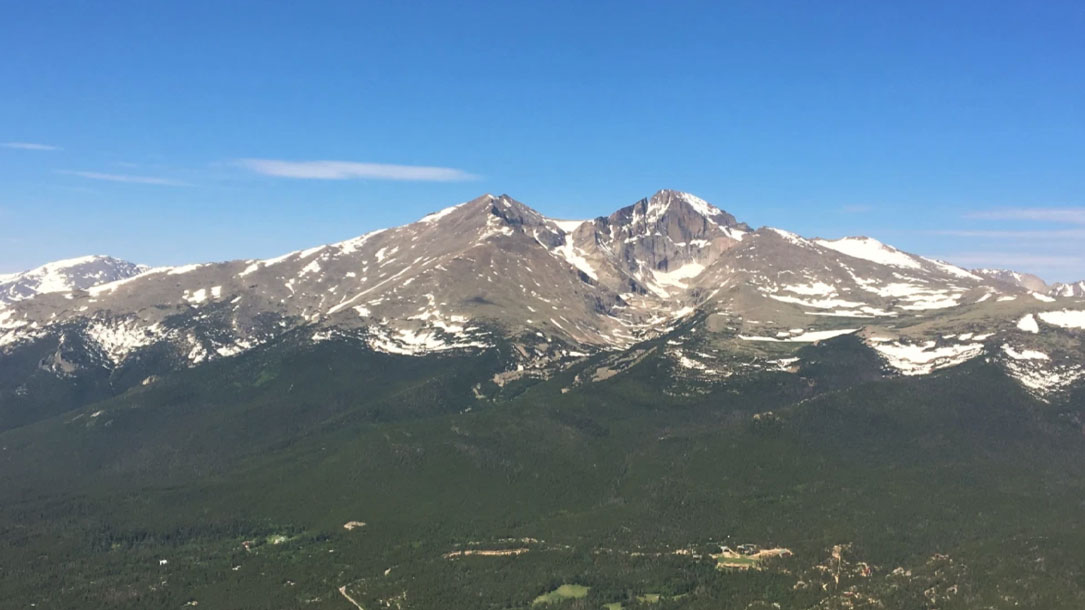
Land trust breakfast focuses on climate change
The breakfast focused on the potential effects of climate change in the Rocky Mountain West.
The announcement stated: Are we experiencing a warming climate and if so, what affect will it have on extreme weather such as droughts and floods? Could warmer temperatures result in longer fire seasons and catastrophic wildfires? How will these disturbances affect our regional ecosystem?
“Our educational breakfasts allow land trust members up-close access to scientific professionals that can explain our complex Rocky Mountain environment,” said Jeffrey Boring, Executive Director of the Estes Valley Land Trust. “We’re thrilled to have Dr. Monique Rocca, Associate Professor, Colorado State University and Jeff Lukas, Associate Scientist, University of Colorado Boulder, as our keynote speakers.”
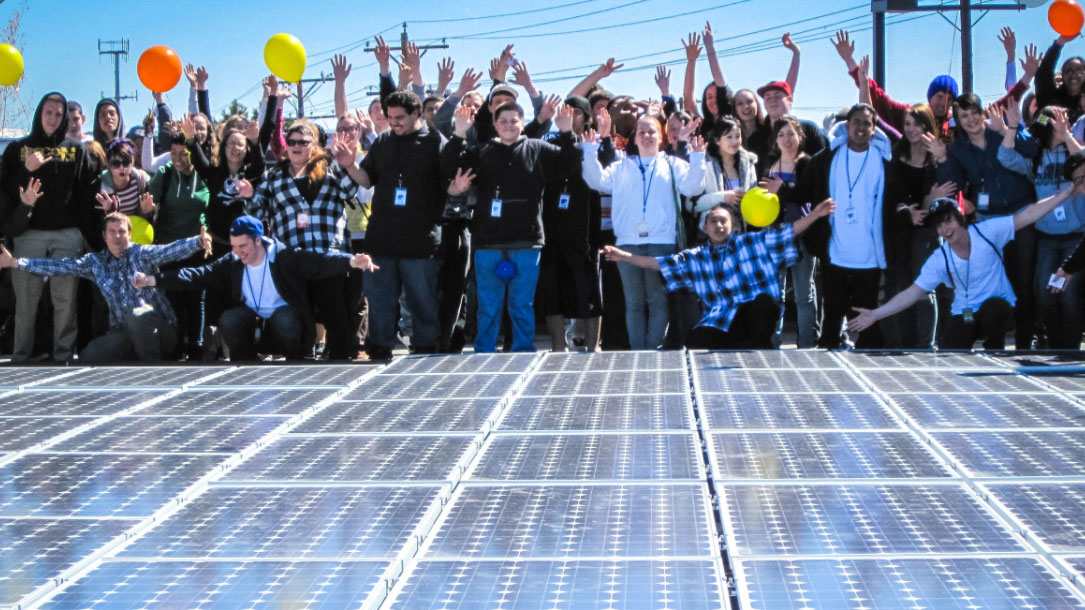
Sequestering carbon and enhancing our local landscapes
Last year, almost 50 businesses and individuals offset their carbon footprints with ECC [Evergreen Carbon Capture] by planting 4,038 conifer trees, which will absorb 20,190 tons of CO2 over the next 100 years. Though only a drop in the bucket compared to what our native forests were once capable of, every tree planted and cared for provides a myriad of benefits like wildlife habitat, and improved water and air quality, which bring our landscapes one step closer to the ecological function of their pasts.
ECC offers the unique opportunity for partners to join our tree planting efforts at volunteer work parties. This year our field partners from Adopt-a-Stream Foundation, Dirt Corps, Forterra, Friends of the Burke Gilman Trail, Green Kirkland Partnership, Green Redmond Partnership, Green River Coalition, Green Seattle Partnership, and Stewardship Partners led 11 events for 367 volunteers to plant trees throughout the Puget Sound region, from Auburn to Marysville….
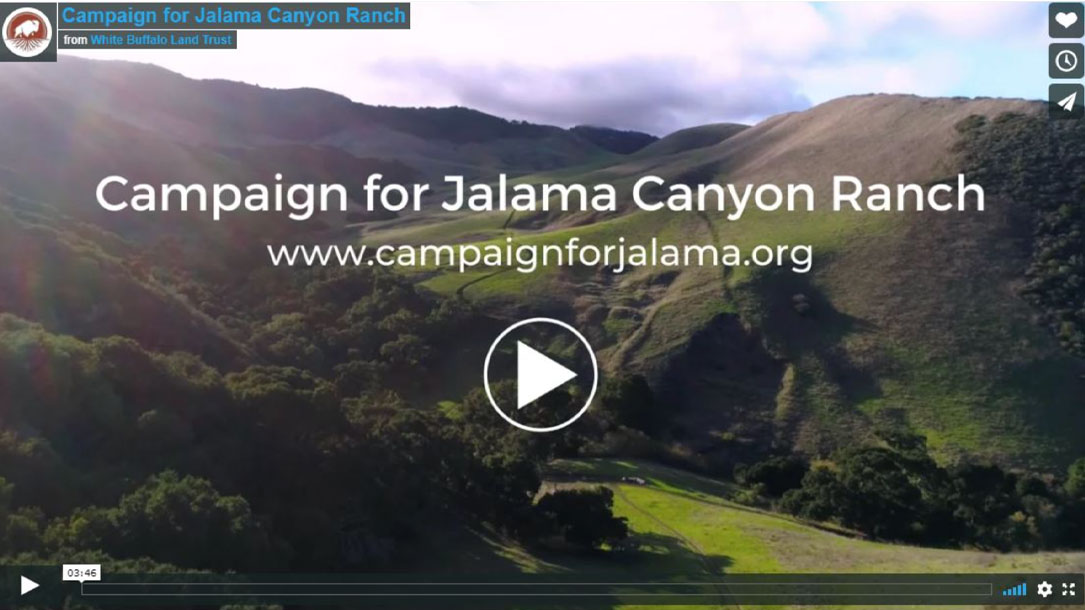
Regenerative agriculture: Campaign for Jalama
The land trust is launching a campaign to acquire Jalama Canyon Ranch where they will create a critical center for regenerative agriculture…leading to a healthier food system, drawing carbon from the atmosphere, increasing biodiversity, strengthening communities, and improving farmer and rancher livelihoods.
Jalama Canyon Ranch will model regenerative agriculture at scale in a financially viable way; serving as a center for education and training, scientific research, and removing the barriers to rapid and broad adoption of regenerative agriculture locally, regionally and globally.
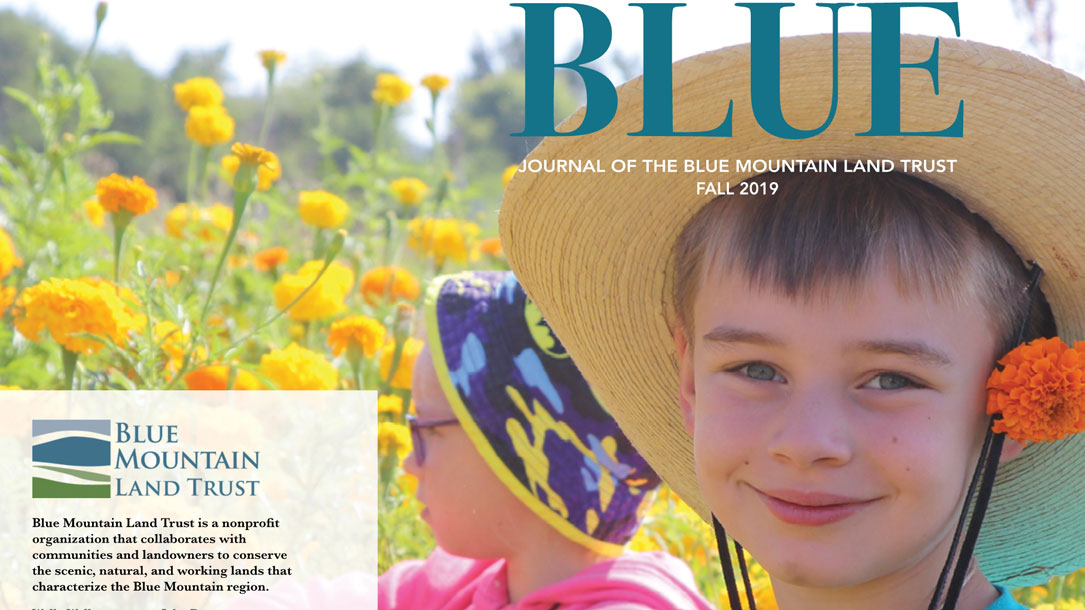
Featuring regenerative agriculture and climate change in their newsletter
Blue Mountain Land Trust, WA
Agriculture can be an important part of the climate solution and land trusts can help their communities understand that. The Blue Mountain Land Trust provided information about how that is the case, stating on their website:
“In our last issue, we reprinted Drawdown’s chapter on conservation agriculture. In this issue, we’re reprinting its chapter on regenerative agriculture. Other Drawdown chapters will be reprinted in future issues.
Thank you to Paul Hawken and his associates at Project Drawdown for permission to reprint these chapters.
If you’d like to learn more about regenerative agriculture and the role it plays in carbon sequestration, here’s a recommended reading list:
The Soil Will Save Us, Kristin Ohlson
Cows Save the Planet, Judith D. Schwartz
The Grazing Revolution: A Radical Pan to Save the Earth, Allan Savory
Restoration Agriculture, Mark Shephard
Grass, Soil and Hope: A Journey through Carbon Country, Courtney White
Growing a Revolution: Bringing our Soil Back to Life, David R. Montgomery
Dirt to Soil: One Family’s Journey into Regenerative Agriculture, Gabe Brown












